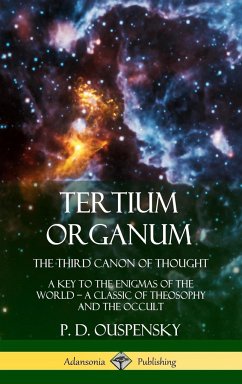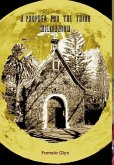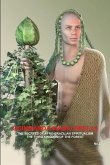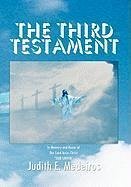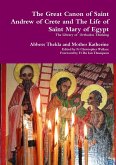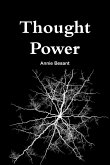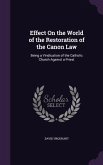The Tertium Organum by P. D. Ouspensky explains the author's philosophy of human behavior, and attempts to reconcile the natural sciences with the theological and spiritual beliefs developed by mankind. A bold and ambitious work of philosophy, Tertium Organum is a committed attempt to establish a new model of the universe from the perspective of humanity. Our individual reality and perceptions, the application and development of the sciences, and our relationship with the spiritual and the divine form background themes in what is often an intense and focused explanation of reality. The author does not stray to fanciful notions, but embarks and maintains a route of reasoned explanation after the style of the theosophical movement. P. D. Ouspensky was born in Russia and first worked at a newspaper in Moscow. World War I proved almost disastrous to his spiritual and professional life; the Tertium Organum, originally written and published in Russia, was assumed lost amid the conflict.
Hinweis: Dieser Artikel kann nur an eine deutsche Lieferadresse ausgeliefert werden.
Hinweis: Dieser Artikel kann nur an eine deutsche Lieferadresse ausgeliefert werden.

